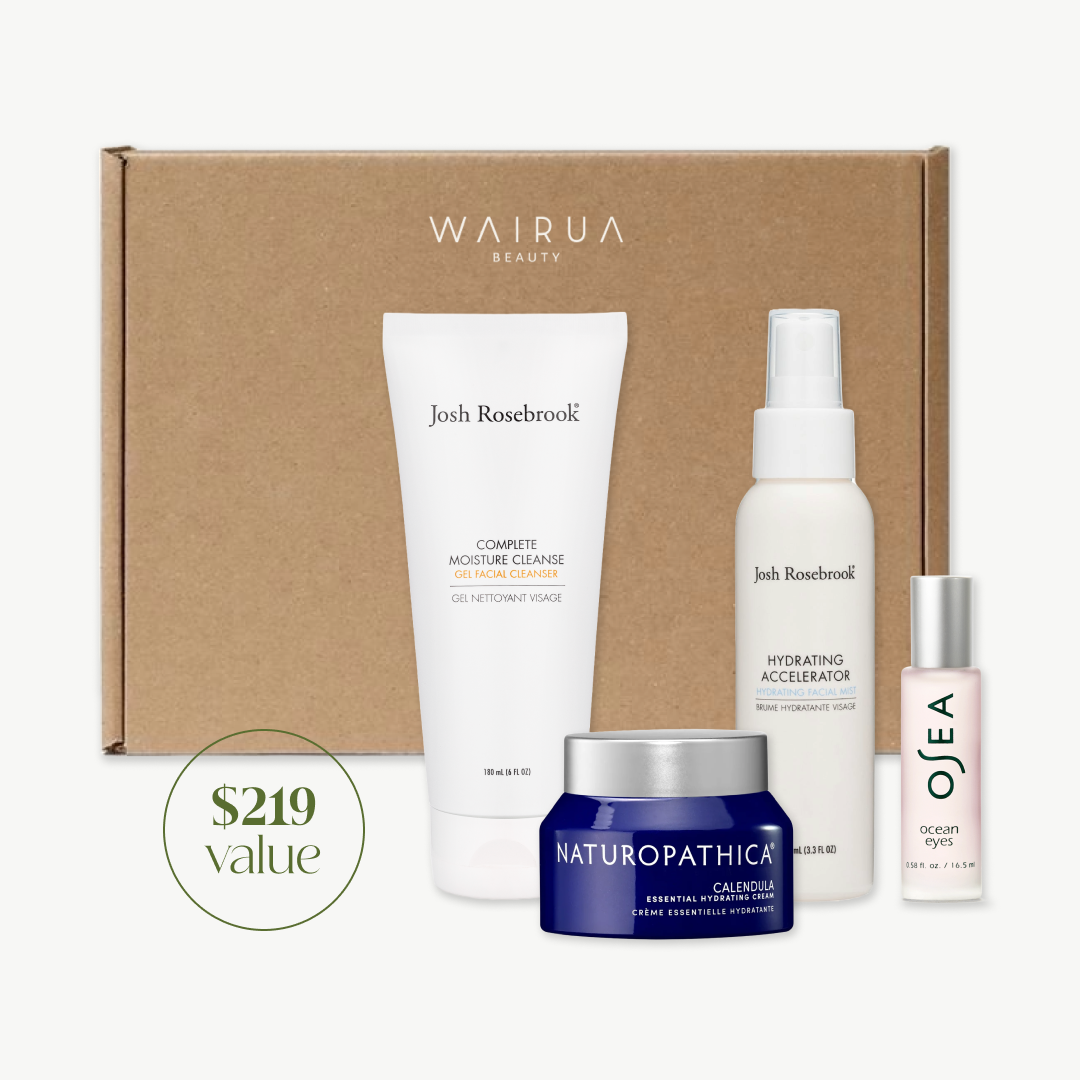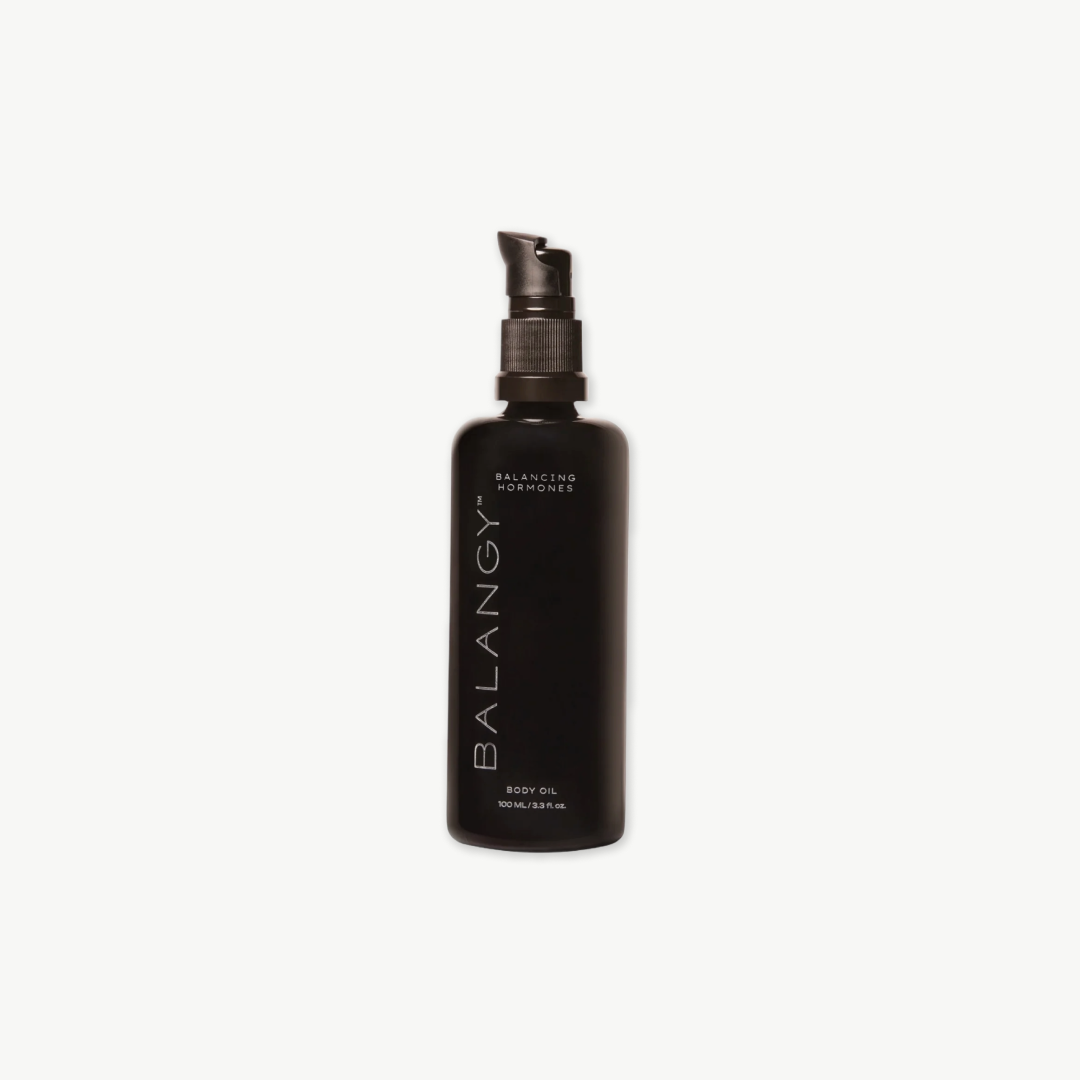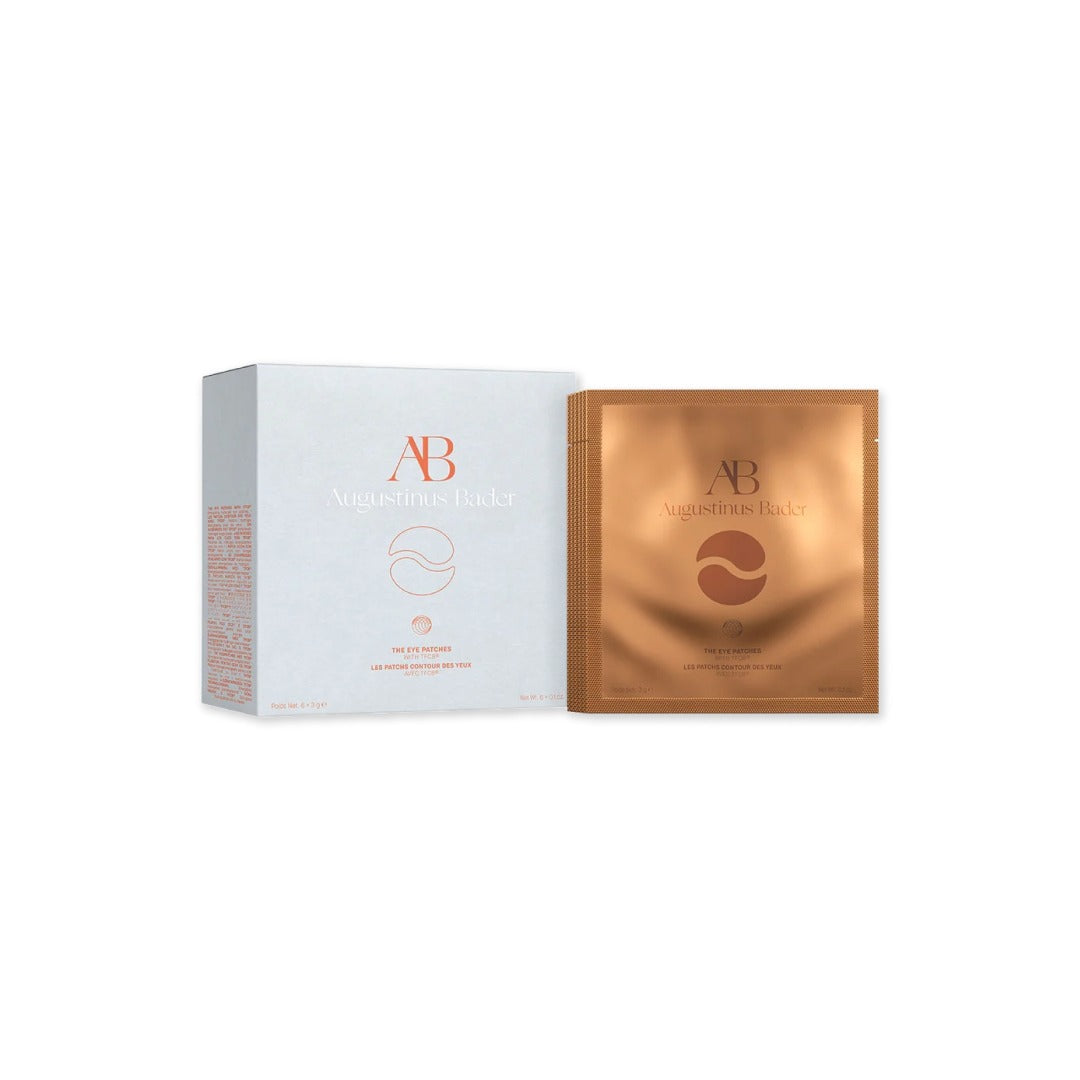Think of vitamin A as the ultimate skin cell regulator. When your skin's equilibrium is disrupted - whether it's excess oil, insufficient collagen, uneven pigmentation, too slow or too fast cell production - vitamin A steps in. It detects these imbalances and sends a signal to bring your skin back into harmony. Dermatologists frequently use vitamin A to treat various skin conditions.
The Advantages of Incorporating Vitamin A in your skincare routine:
- Cell Production Regulation: Vitamin A orchestrates new cell generation, resulting in radiant skin. It ensures a systematic process where your skin cells consistently create healthy replacements while it sheds the old ones.
- Collagen Boost: Vitamin A plays a role in collagen production, lending firmness to the skin. By gently encouraging fibroblasts in the dermis to produce more collagen, and also it counteracts natural skin chemicals that degrade collagen.
- Skin Tone Balance: Vitamin A is a champion at reducing hyperpigmentation. As skin cells renew more efficiently, the excess melanin on the skin's surface is shed. Moreover, it regulates the activity of tyrosinase, a chemical that generates melanin, preventing excessive pigmentation and uneven spots.
- Oil Production balance: It identifies overactive oil glands and decreases oil secretion, making it a great ally for oily skin and acne sufferers.
Different forms of Vitamin A:
Retinoic Acid: This potent form directly impacts living skin cells. Though highly effective, it can be irritating and requires a prescription from a doctor. The potential side effects often outweigh the benefits, causing users to discontinue its use.
Retinyl Palmitate: An older variant of vitamin A, it struggles to penetrate targeted cells due to its large molecular structure. It needs to undergo three conversion steps before becoming active retinoic acid.
Retinal: Only a single step away from becoming retinoic acid, but is unstable and prone to degradation.
Retinol: Just two steps from retinoic acid, retinol is a relatively small molecule capable of penetrating the skin. It's important to select a stable form of retinol, and it's advisable not to combine it with products containing AHA, BHA, and ascorbic acid, as these can decrease its effectiveness.
Getting Started with Retinol:
- Begin Gradually: Apply in the evening on cleansed, dry skin and follow up with moisturizer. Begin by using 1-2 times a week and gradually increase frequency as your skin adapts, using it every evening or every other evening.
- Sun Protection: Retinoids may increase skin sensitivity to the sun, so use sunblock during the day.






